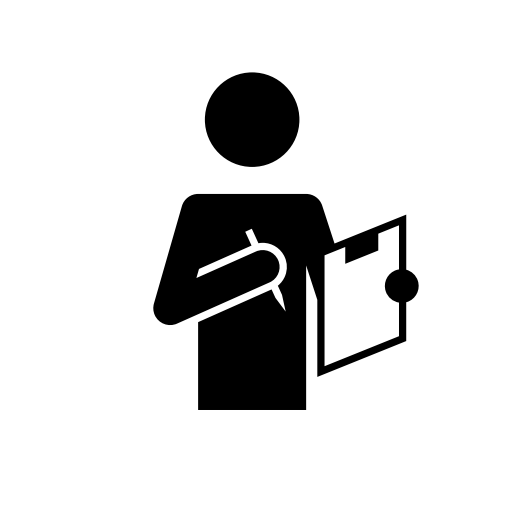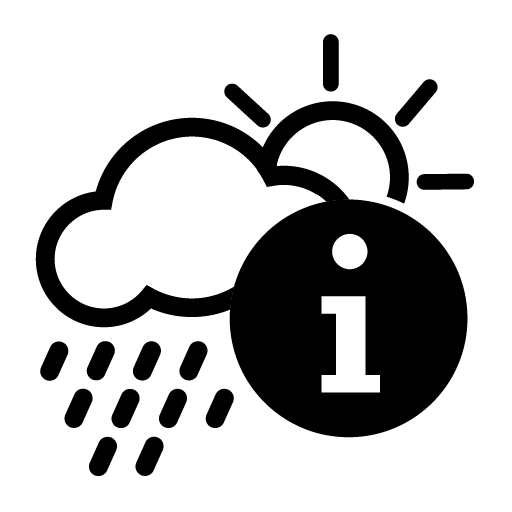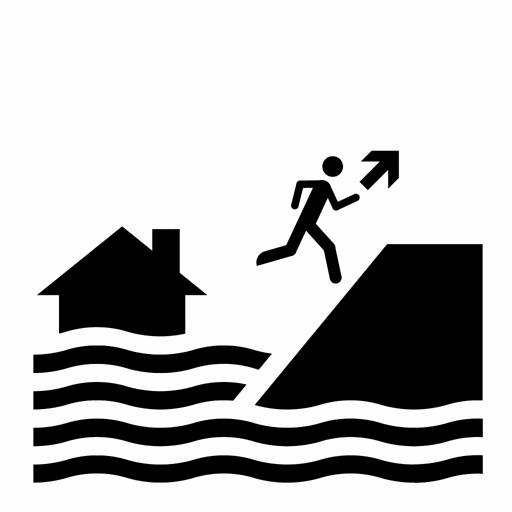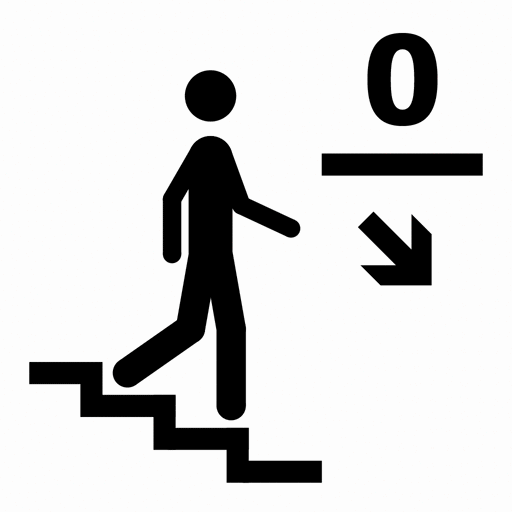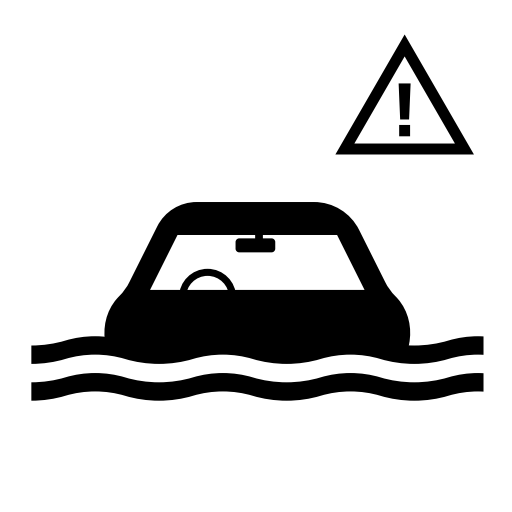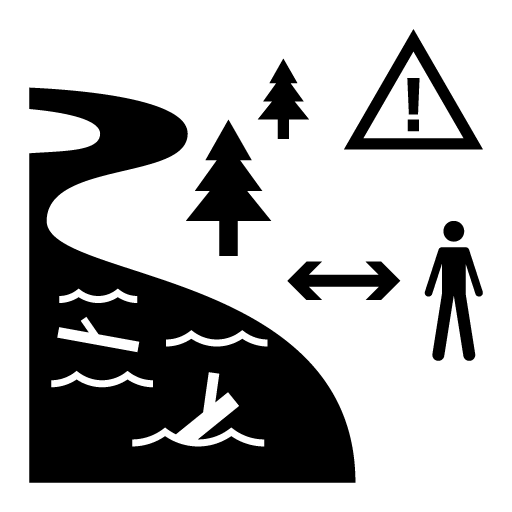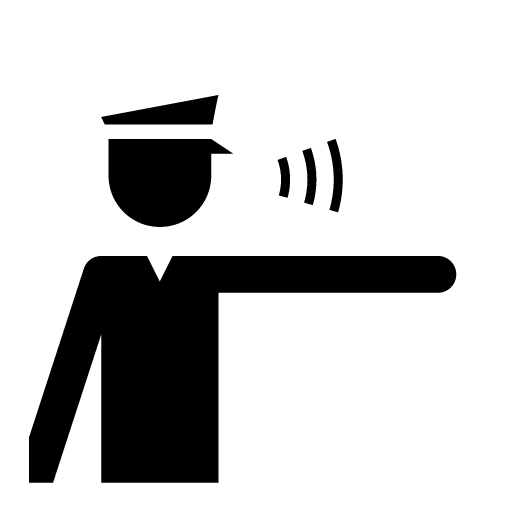Service Navigation
Search
General recommendations before a flood
Victims and damage can be avoided if specific action is taken in advance. Consult the hazard map external link for your area. Take precautions in good time before a flood and keep the resources you need at hand.
The hazard maps show the residential areas in Switzerland that are endangered by natural hazards, such as floods. Many cantons publish their hazard maps on the Internet. The cantonal natural hazard agencies, communes and in some cases the local emergency services can provide information on the endangered areas, in most cases for individual plots of land.
If you live in an area that is exposed to flooding dangers, it is crucial that you take precautions in good time and keep the resources you need to hand:
Wenn sich ein Hochwasser ankündigt
General recommendations during a flood
By behaving appropriately during a flood, you can protect people and property and avoid injury and losses. Action you can take:
General recommendations after a flood
After a flood, modifying your behaviour accordingly can minimise the extent of incurred losses and avoid further damage. Points to observe:

